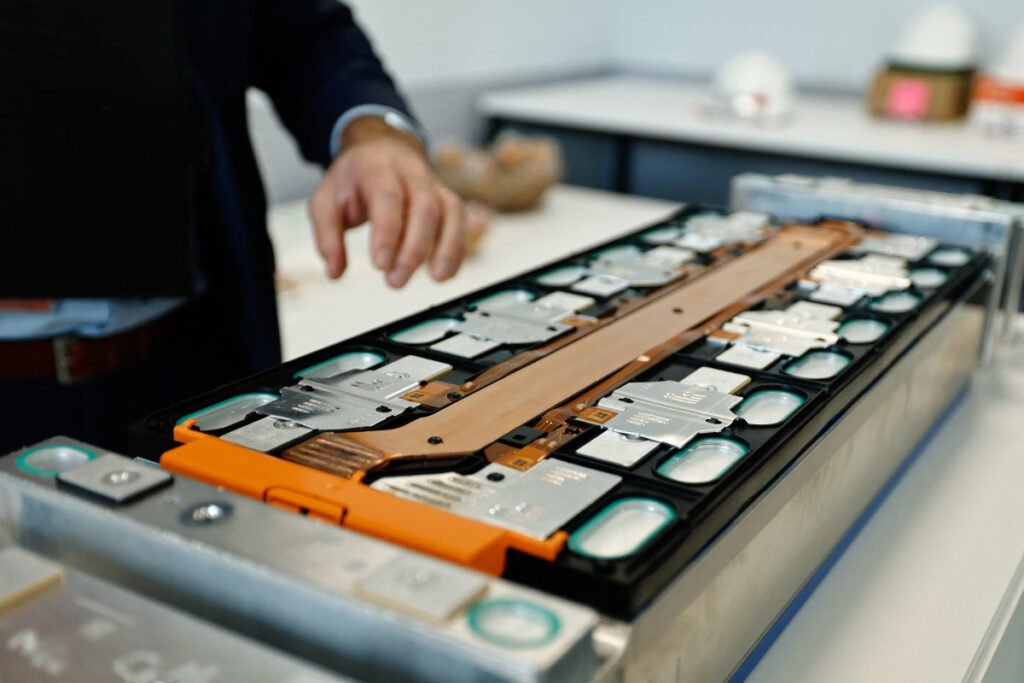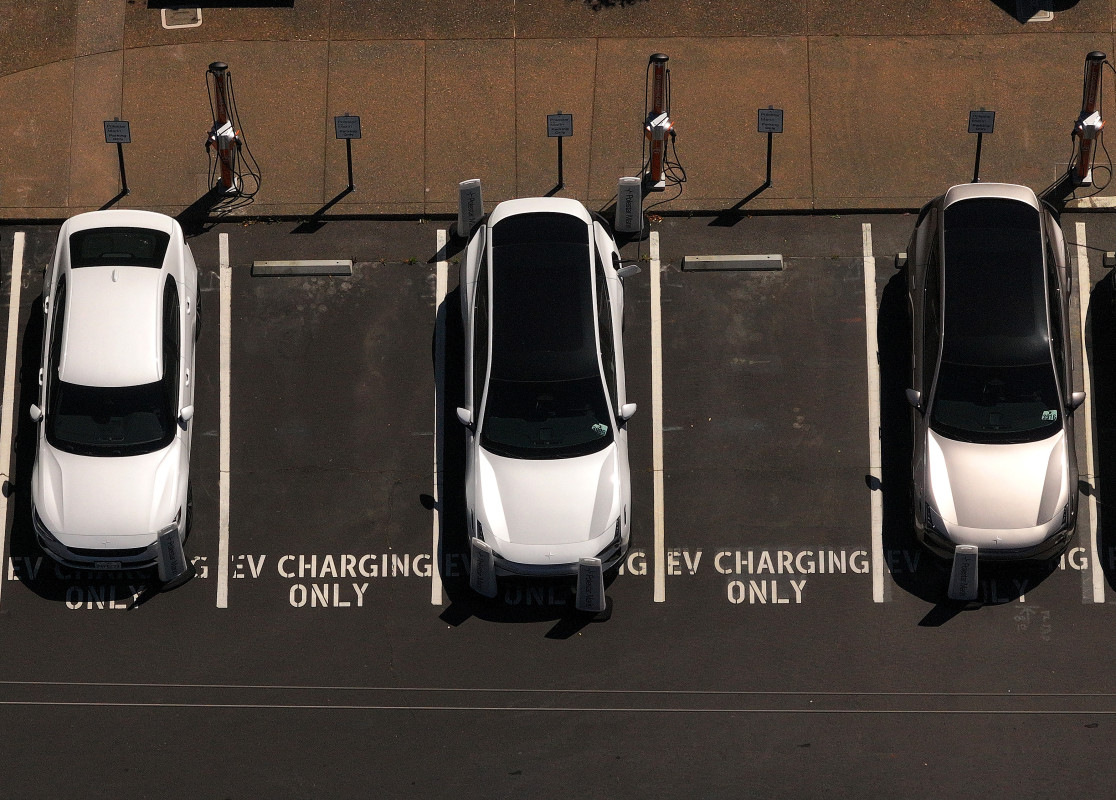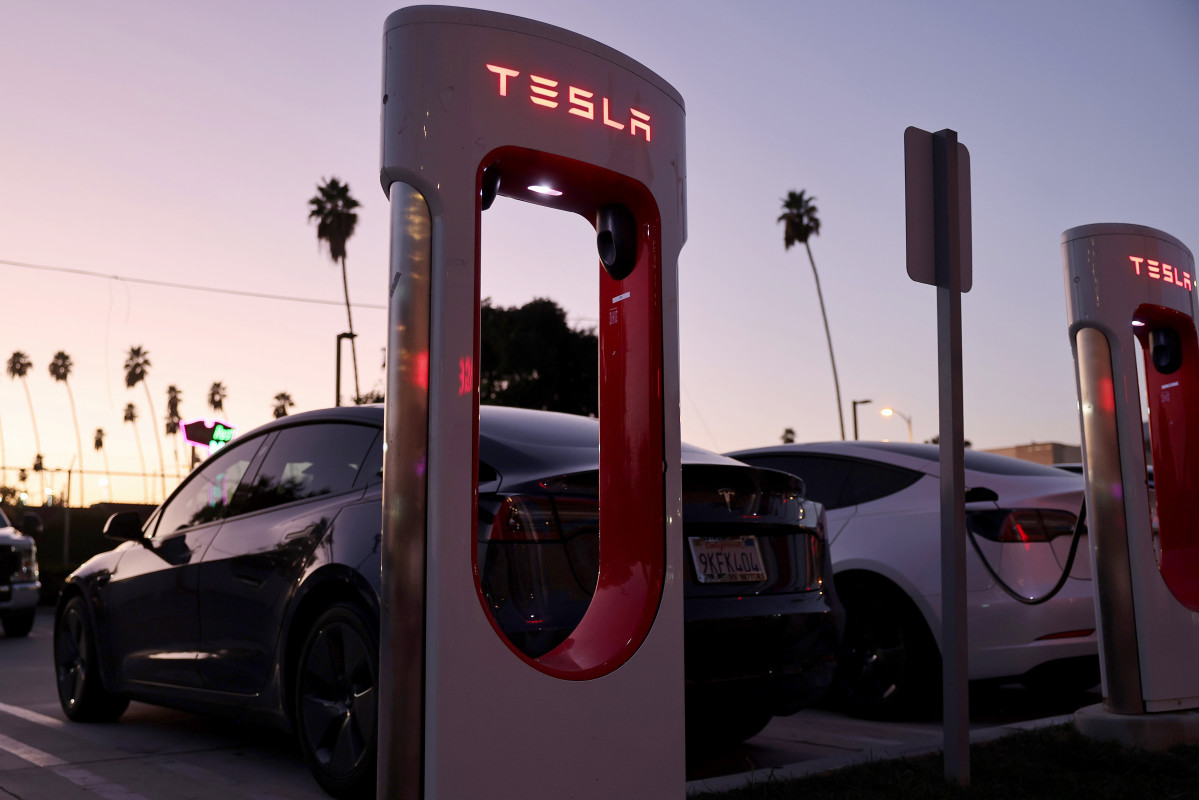
Battery life isn’t the weak point critics think it is
EV skeptics love to talk about battery failure. The idea that an electric vehicle’s battery won’t last more than a few years before needing an expensive replacement is one of the most common talking points among drivers loyal to gas-powered cars.
A new study from UK-based telematics firm Geotab paints a different picture — and a hopeful one. After analyzing data from more than 10,000 electric vehicles, researchers found that EV battery packs degrade by just 1.8% per year on average. That means a modern EV can hold on to roughly 64% of its original range after two decades on the road, a lifespan longer than the average age of a car in the U.S., which currently sits at 14 years. In other words, the battery in a typical EV will outlast the vehicle itself.
Battery failures are rare, and degradation is gradual
The data also debunks the idea that EV batteries are fragile or prone to failure. According to Geotab’s findings, the battery failure rate for EVs built in the last 10 years is less than 0.5%. For comparison, that’s lower than the failure rate of many traditional car components, including things like radiators and alternators.

It’s true that batteries lose capacity over time, but that degradation isn’t linear. Most range loss happens early on and then levels out. Things can accelerate again at the end of a battery’s usable life, but by that point, your EV could be two decades old.
Location also matters. Hot climates tend to accelerate battery aging, which is why EVs in Arizona or Florida may lose range slightly faster than those in cooler regions. Fortunately, modern battery management systems do a good job of regulating temperature and minimizing this risk.
Tips to keep your EV battery healthy for the long haul
While EV batteries are more resilient than many expect, smart charging habits can make them last even longer. For nickel-based battery chemistries like NMC and NCM, staying between 20% and 80% state of charge is ideal. Lithium-iron-phosphate (LFP) batteries are more tolerant of full charges, though frequent topping off can still shorten their lifespan.

Avoiding excessive DC fast charging — which heats the battery more than Level 1 or 2 charging — can also reduce wear over time. Parking your EV in the shade or a garage on hot days can also make a noticeable difference in slowing down degradation.
Final thoughts
Like any machine, EV batteries age, but the notion that they’re a ticking time bomb or a constant maintenance headache is simply not backed by data. With proper care, today’s electric vehicle batteries can last 20 years or more, far outliving the average car and making EV ownership a much more viable long-term option than many still assume.



